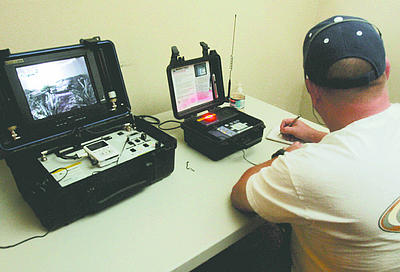The wife of an employee who suffered injuries while operating a forklift, which resulted in his death, is entitled to keep an award of $1.5 million awarded by a jury who found that the manufacturer of the forklift beached a duty it owed to the subsequent users of the machine, even though they were not its original purchasers.
The U.S. First Circuit Court of Appeals had certified a question to the Maine Supreme Court regarding a jury instruction given in the case, which was taken from the Restatement of Torts, section 10, involving products liability. The question was whether a manufacturer had a duty to warn known but indirect purchasers where a product was not defective at the time of sale, but a product hazard developed thereafter.
The Maine Supreme Court answered in the affirmative, not relying on the Restatement language, but based on the facts presented in the case, determining that liability could be established on a theory of simple negligence. This was so because the manufacturer specifically knew that this company owned one of its forklifts and therefore the risk of injury to this particular defendant was foreseeable.
The Defendant argued that it was entitled to a new trial because the Restatement jury instruction was improper, based on this interpretation. The First Circuit disagreed. Specifically, the Court found that the duty of care issue had been properly presented to the jury, and before the Court made any kind of ruling on the jury instructions, and in fact it was the Defendant who had requested the Restatement instruction.




 If it is determined that the officer did not completely stop before proceeding, he violated a Massachusetts statute, G.L. c.89, §7B, entitled Operation of emergency vehicles , which states in part:
If it is determined that the officer did not completely stop before proceeding, he violated a Massachusetts statute, G.L. c.89, §7B, entitled Operation of emergency vehicles , which states in part:





